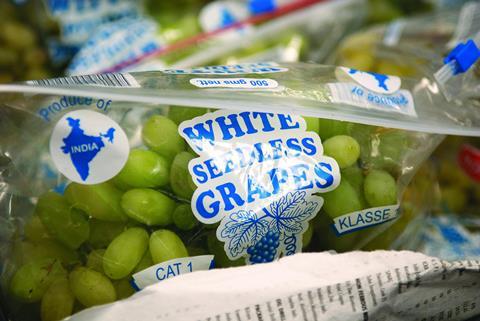India has grown to become a superpower in many areas, including in food production and the environment, consul general tells OFC

Dr Venkatachalam Murugan, consul general of India in Birmingham, inspired Oxford Farming Conference (OFC) delegates with the story of India’s post-colonial transition to global agricultural powerhouse on the final day of the annual event (10 January).
Murugan – originally from a farming family – charted India’s course from famine to feast thanks to successive post-independence government strategies to boost domestic food production.
He credited Nobel Prize winning US agronomist Norman Borlaug for revolutionising India’s wheat production in the 1960s and 70s, which led to India declaring itself self-sufficient in 1971.
In the decades since, India has become world-leading producer and exporter of fruit and vegetables, as well as one of the world’s largest milk producers, he said.
“Agriculture has lifted millions out of poverty in India – more than any other sector,” Murugan said. “Thanks to successive government measures, India is not only self-sufficient in food production but also a major food exporter, contributing to world food security.”
He added: “Hunger is still a problem in the world, but India is working towards freeing world from hunger and malnutrition. Ending hunger will help to secure world peace.”
Murugan was awarded a PhD in Economics for his thesis in Food Security in 2005 by the Indian Agricultural Research Institute, New Delhi, which is a pioneering institute for Green Revolution in India.



